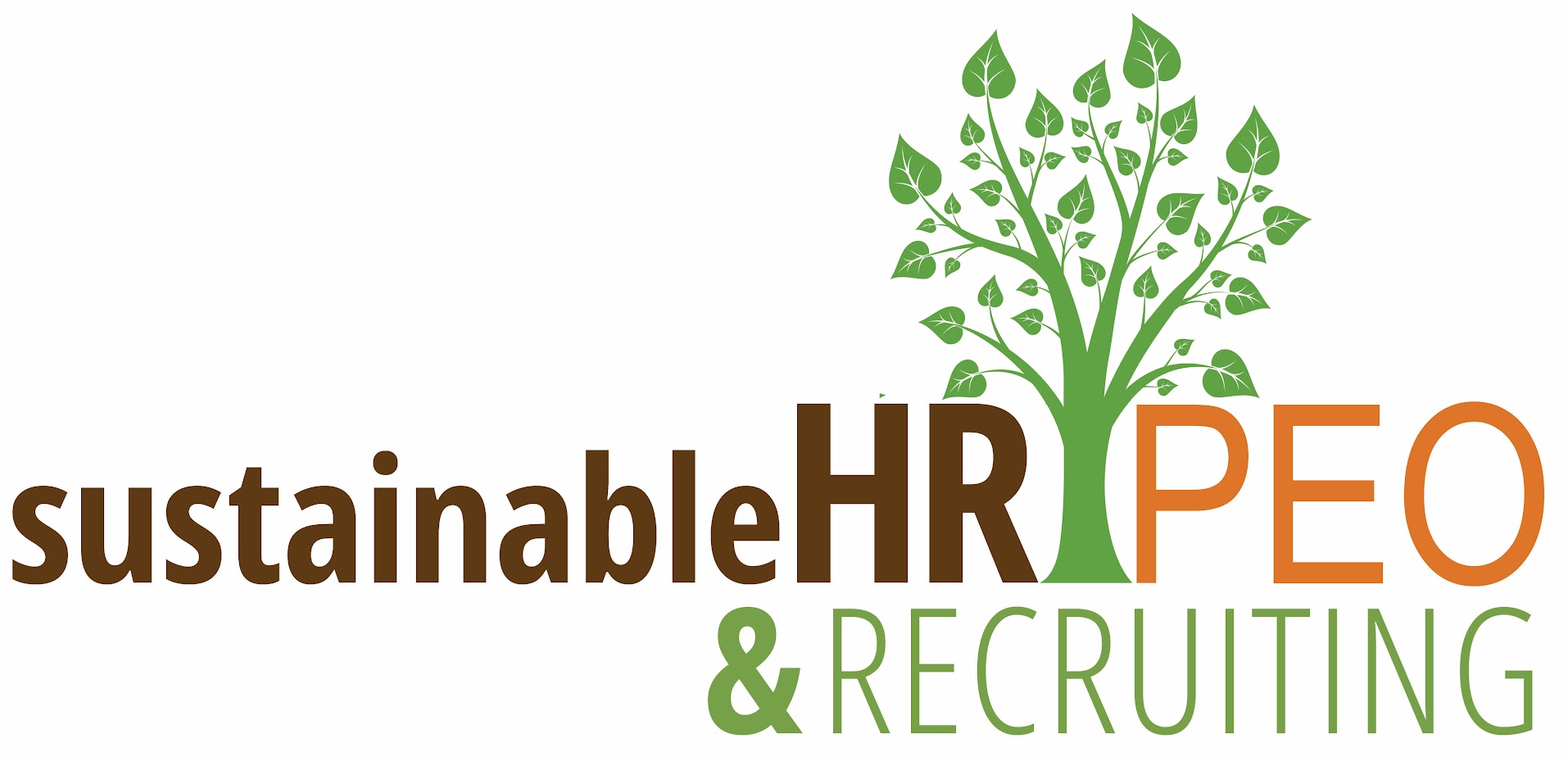The end of the year tends to arrive faster than most business owners expect. Before long, it’s January, and many Wisconsin businesses are already playing catch-up with payroll, hiring, and compliance updates. The key to avoiding that scramble is starting early.
Proactive planning gives businesses the opportunity to evaluate what worked in 2025, what didn’t, and where improvements are needed especially when it comes to payroll budgeting, staffing, and HR strategy. By mapping out these areas now, Wisconsin employers can step into 2026 with stability, clarity, and confidence.
Payroll Budgeting: Building a Financial Roadmap for 2026
Payroll is one of the largest expenses for any business, and accurate forecasting can make or break a company’s financial health. As 2026 approaches, businesses should review their current payroll data and identify trends such as rising overtime, shifts in headcount, or increased benefit costs.
A solid payroll budget should account for:
- Wages and Raises: Plan for performance-based increases or market adjustments.
- Bonuses and Incentives: Factor in seasonal or annual rewards that may fluctuate.
- Taxes and Deductions: Include state and federal tax obligations, workers’ compensation, and benefit contributions.
- Compliance Changes: Monitor for Wisconsin-specific payroll updates, such as changes in unemployment tax rates or labor regulations that could impact costs.
For businesses that manage payroll manually or across multiple systems, this is also a good time to explore automation or consider a PEO partnership to streamline processes and prevent costly errors.
Staffing Plans: Aligning Your Workforce with Business Goals
An effective staffing plan goes beyond filling open roles, it ensures your workforce aligns with your strategic goals for 2026. Start by evaluating current team performance and identifying skills gaps that could impact growth. Consider whether your business needs to hire additional staff, reorganize existing roles, or focus on training to improve efficiency.
This is also the time to account for seasonal or cyclical hiring trends, especially for Wisconsin businesses in industries like hospitality, manufacturing, or healthcare. As remote and hybrid work models continue to evolve, reassessing your approach to scheduling and flexibility can improve both retention and productivity.
Thoughtful staffing plans don’t just prepare businesses for next year, they build stronger teams ready to meet new challenges with confidence.
HR Planning and Compliance Updates
Beyond payroll and staffing, the foundation of a successful year lies in proactive HR planning. Wisconsin employers should start by reviewing employee handbooks, HR policies, and training programs to ensure compliance with evolving regulations. This includes verifying employee classifications, updating leave policies, and ensuring compliance with both federal and Wisconsin-specific employment laws.
2026 may also bring changes in areas such as paid family leave, benefit requirements, or workplace safety standards. Reviewing these ahead of time helps prevent compliance gaps that could result in penalties or employee dissatisfaction. HR planning also extends to employee engagement and retention, ensuring policies, training, and communication strategies support a healthy, productive workplace culture.
Using a PEO Partnership to Streamline 2026 Preparation
Many Wisconsin businesses are finding that partnering with a Professional Employer Organization (PEO) is one of the most effective ways to prepare for the year ahead. A PEO acts as a strategic partner, helping manage payroll, benefits, HR compliance, and recruiting so businesses can focus on growth.
Through a co-employment model, a PEO like SustainableHR PEO & Recruiting allows businesses to access large-group benefits at more affordable rates, handle payroll taxes and filings accurately, and stay compliant with changing employment laws. For smaller employers without a dedicated HR department, this partnership eliminates administrative headaches and ensures every part of workforce management runs smoothly.
By leveraging expert HR support, businesses gain time, reduce overhead costs, and build a more strategic foundation for 2026.
Setting Your Business Up for Success in 2026
Early preparation is the key to stability and growth. By planning ahead for payroll, staffing, and HR compliance, Wisconsin businesses can enter 2026 confident and ready for whatever challenges the new year brings.
A well-planned HR strategy not only saves time and money but also helps attract, engage, and retain the right people to drive long-term success.
Ready to prepare your business for 2026? Contact SustainableHR PEO & Recruiting today to learn how expert HR, payroll, and compliance support can help your Wisconsin business plan smarter, stay compliant, and grow stronger in the year ahead.


